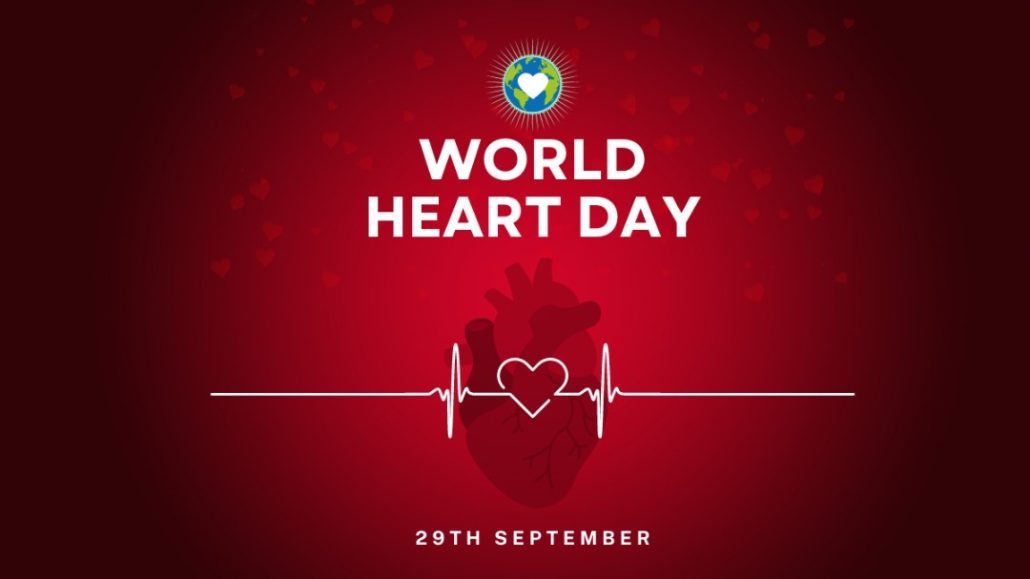
As cardiovascular diseases continue to claim thousands of lives in Nigeria, Corporate Accountability and Public Participation Africa (CAPPA) has urged the federal and state governments to adopt strong healthy food policies immediately.
Speaking ahead of World Heart Day 2025, CAPPA warned that the country is facing a growing health crisis, with about one-third of adults living with high blood pressure, according to the Nigerian Cardiac Society.
In some regions, the figure rises to 40 per cent, while one-third of hypertensive Nigerians remain undiagnosed or have uncontrolled blood pressure despite knowing their condition.
In a statement, CAPPA called for mandatory salt reduction in processed foods, a sugar-sweetened beverage tax of at least N130 per litre, front-of-pack warning labels on ultra-processed foods, restrictions on junk food marketing to children, and a 100 percent increase in tobacco taxes.
CAPPA’s Executive Director, Akinbode Oluwafemi, said the measures are “proven, cost-effective interventions that will save lives and protect families from the devastating health and financial burdens of heart disease and related illnesses.”
The organisation highlighted Nigeria’s limited healthcare infrastructure, noting that as of 2021, only 13 centres performed heart surgeries, with 80 heart surgeons serving over 200 million people.
Rising costs of surgery—from about ₦3 million to ₦5.5 million in 2024—have put lifesaving care beyond the reach of many families.
Globally, the World Health Organisation (WHO) reports that cardiovascular diseases claim 17.9 million lives each year, with more than 75 per cent occurring in low- and middle-income countries like Nigeria.
Many of these deaths are preventable through policies that reduce harmful risk factors such as tobacco use, excessive salt and sugar consumption, physical inactivity, and alcohol abuse.
World Heart Day aims to raise awareness, empower individuals to adopt healthier lifestyles, and encourage governments to create environments that support heart-healthy living, including nutrition regulations, tobacco control, promotion of active transport, and reduced air pollution.
CAPPA stressed that tackling heart disease cannot rely solely on individual responsibility. “Policymakers must put people before profits. Protecting our hearts means protecting the country’s future,” the statement concluded.